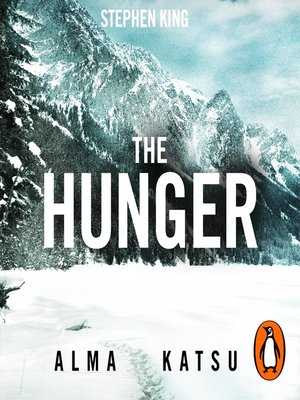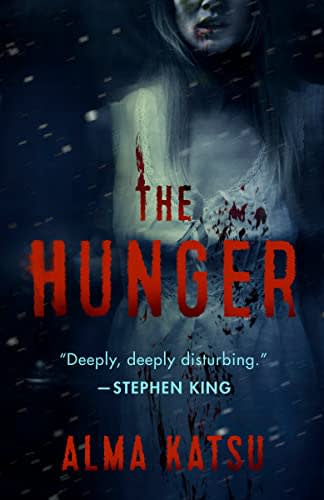

This happens because apparently the real Charles Stanton’s heroic actions on the trail are… not interesting enough?) Stanton’s tragic backstory about a fiancee who killed herself because she was pregnant with her father’s baby (he was going to selflessly save her from this by marrying her.This results in them acting, instead, as flags that signal that Katsu knows The Past Was Bad, but doesn’t articulate, how or why it was bad, and instead displaces horrors like colonisation and homophobia (which obviously exist in modern day as well) to a easily dismissed past. In fact, the narrative is almost exclusively about these sorts of Edgy Events and character traits that are never explored in depth enough to feel satisfying. There were several choices Katsu made that demonstrate this. You could tell, however, that it was trying to cash in on a wokeness that it knew would appeal to readers but ultimately did not want to fully engage with. The Hunger simply did not accomplish this.

I love YA novels generally, and I think they can and often do tackle difficult issues – like colonisation – with a grace you sometimes don’t find in adult literature.

I don’t think that discounts The Hunger from being in my thesis, but sadly, it will not offer the more progressive and anti-colonial sentiments I hoped it would. Unfortunately, when I actually read the novel, what I found was a unfocused, mundane, performatively progressive (but not actually progressive), non-horrific, sensationalizing novel. In short, the pioneers hungered for land, but the land turned that hunger into a real, tangible, horrifying weapon that almost completely destroyed them. Since I was also reading this as a potential case study for my PhD thesis about contemporary Euro-American depictions of Indigenous ghosts, I was also hoping that there would be some moments in the novel that used the story of the Donner Party as an allegory for the destruction that colonisers wrought upon Indigenous people, but with the horror mirrored back on the colonisers.

What I hoped to get from this novel was a slow build of horror, much like what happened with the real Donner Party who seemed to run into misfortune after misfortune on the latter half of the trail. It certainly didn’t hurt that the promotional blurb on the front cover is from Stephen King, who states that the novel is, “Deeply, deeply disturbing.” As a historical fiction horror novel for young adults, The Hunger by Alma Katsu ticked almost all of my favourite boxes on a surface level. The concept of a horror story centered around the Donner Party is an incredibly good one, I think, and I have always been interested in the real Donner Party and have watched several documentaries, listened to podcasts, and read a book about their journey. I had some pretty high hopes for this novel. Content warnings: racism, colonisation, rape, incest, homophobia


 0 kommentar(er)
0 kommentar(er)
